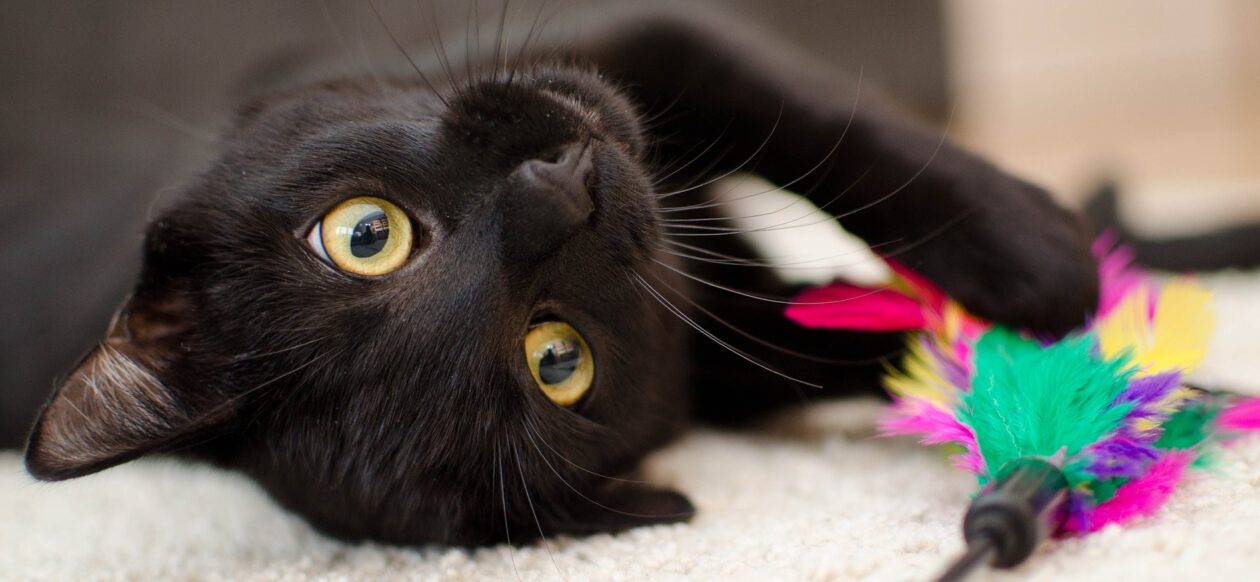Feline high blood pressure or hypertension can be a dangerous problem for your cat’s health. If left untreated it can affect your cat’s organs including their eyes, kidneys, heart and even brain. A simple blood pressure test can be done during your cat’s annual veterinary exam to quickly determine if your cat’s blood pressure is in the normal range. Detecting it early is the key to success and will minimize damage to vital organs.
Cats that are particularly vulnerable to developing hypertension are often older cats as well as cats that have been diagnosed with chronic kidney disease, diabetes, heart or hyperthyroid disease. If your cat has been diagnosed with any of these diseases, you want to watch carefully for the signs and symptoms of hypertension, and get annual or bi-annual veterinary exams to avoid the possible damage caused to organs by hypertension. Since it’s more common in older cats, you’ll want to include regular blood pressure checks in your annual exams starting with cats that are 8 years of age and older. For cats that are 14 years and older, include a blood pressure test in their bi-annual exam.












